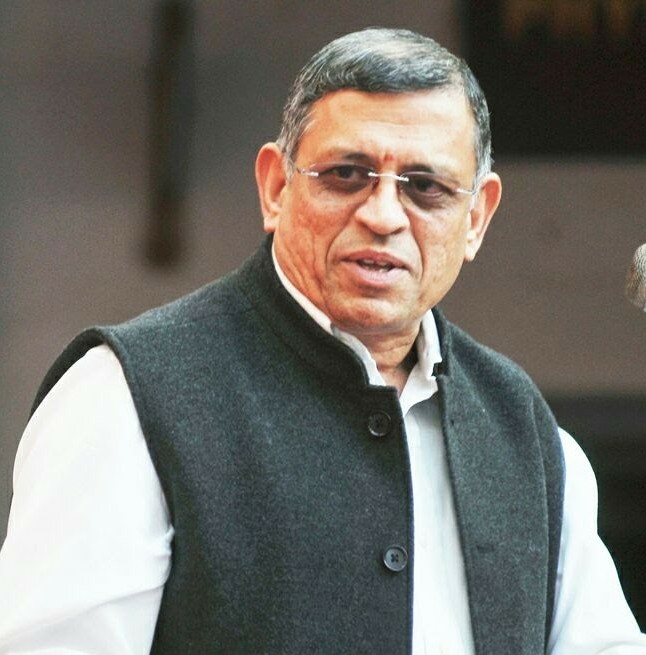
Shri Swaminathan Gurumurthy [73] is a chartered accountant and corporate and legal adviser of high standing. Professional Expertise Having qualified in the intermediate and final examination of the CA examination in 1972 with all India ranking in both examinations, he has been in practice for the last 42 years. Shri Gurumurthy is a very well known adviser to many corporates on law and finance and also on macro economic issues affecting corporates. As a professional he has mediated and solved some of the most complex corporate issues. Academic pursuits Besides being a professional advisor, he has also been a keen academician. He has been the Visiting Professor of IIT Bombay on Indian models of Economy, Business, Finance and Management. He is presently the Distinguished Professor of Legal Anthropology in Sastra University in Tanjore. Empirical studies Being a keen thinker on geo political and strategic issues, he is the vice chairman of the well known strategic think tank in Delhi, the Vivekananda International Foundation. Being an adviser to many corporates and drawn by larger national interest, Shri Gurumurthy began studying the impact of globalisation on an economy and economic and political culture habituated to command economy. From 1993, Shri Gurumurthy and his team of volunteers that included economists, chartered accountants and social workers went to several industrial clusters which have come up on their own without state assistance or any establishment prop up including banking and educational institutions. It took them next several years of study to travel to over 40 important industrial clusters Ludhina, Batala, Amritsar, Rajkot, Surat, Baroda, Morvi in the north and west to Tirupur, Namakkal, Karur, Sivakasi and Tutukudy. The study also included the leather cluster in Agra and Kanpur dominated by Dalits. These industrial clusters which including the artisan clusters, numbering over 10000 constituted the backbone of over 50% Indian economy, 60% of manufacturing and exports. The empirical study uncovered four aspects of the non-corporate economy about which very little was known till then. One, there is intense relation between caste and entrepreneurship. Two, this resulted in communitarian competition which led to entrepreneurship. Three, the castes mobilised and circulated capital and shared information within., Four, the property built by caste in a cluster was shared with other castes instantly as evident from several of the clusters. The study revealed that India was too complex and too vast and too diversified a country for one common policy, particularly without understanding the diversities. Many of the findings of the study was later supported by the World Bank in its World Development Report. The study team led by Shri Gurumurthy identified relations dominated growth and development of entrepreneurship and business. The study zeroed in on social capital as the major drive of development — an idea which later found expression in the writings of Francis Fukuyama in his famous book Trust. Later many books came to be written on such and similar issues. The study also revealed the role of the traditional family and the role of women in saving and funding family driven entrepreneurship. This persuaded Shri Gurumurthy to differ from conventional economists whose conviction in theories, he found, were more intense their ground level understanding of the Indian economy. Journalism and activism For the last three decades Shri Gurumurthy is highly rated as a journalist for his investigative writings. He has since then ceaselessly campaigned against corruption at high places. He has been a powerful opinion maker in India on issues national importance, particularly in the field of economics. He is now the editor of the famous and powerful socio-political weekly Thuglak in Tamil. Media rating Shri Gurumurthy was consistently seen by the media as the powerful from 1990 till now. The Business Baron magazine rated Shri Gurumurthy’s knowledge of economics, finance and accounts as ‘outstanding’. He was rated among 50 most powerful persons in India in 1990 [Gentleman magazine]; as the 8th most powerful [Business Baron magazine 2004]; as the 17th most powerful [India Today magazine in 2005]; as the 50th most powerful person [India Today 2015]; as the 25th most powerful person [India Today 2016] and as the 30th most powerful person [India Today 2017] |